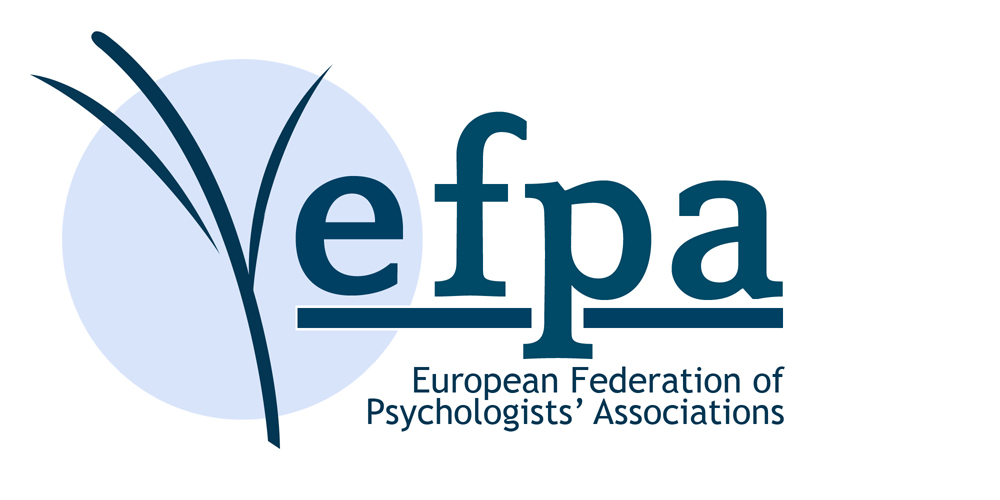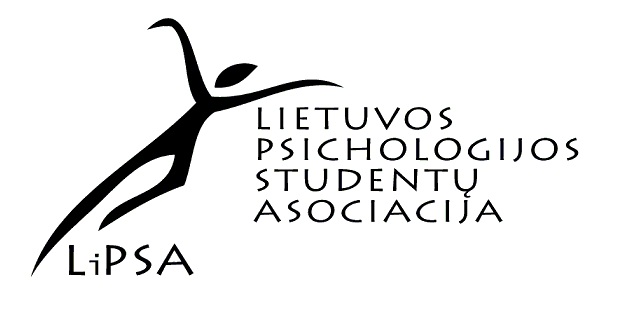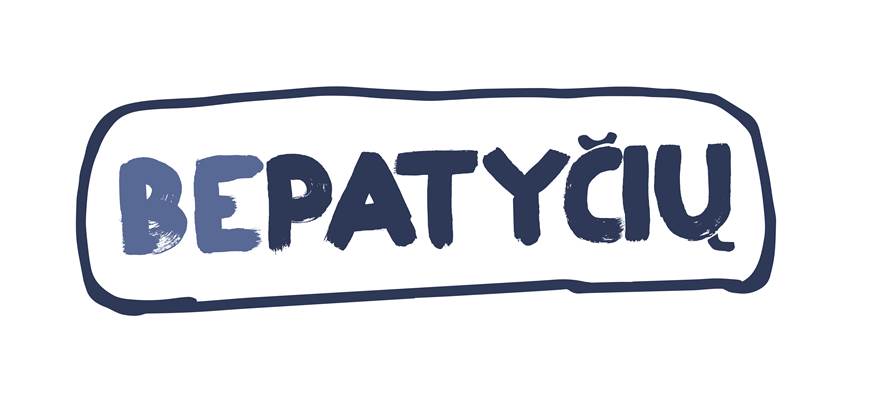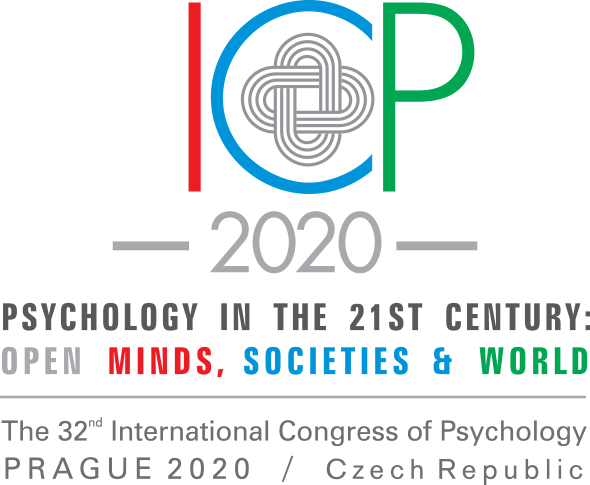|
|
Tarptautinė tolerancijos diena: Psichologų vaidmens svarba skatinant tolerancijąLapkričio 16 d. minima Tarptautinė tolerancijos diena. EFPA (Europos psichologijos asociacijų federacija) pabrėžia psichologų vaidmens svarbą skatinant toleranciją.
November 16th is stated as the International Day of Tolerance by the United Nations. The European Federation of Psychologists’ Associations (EFPA) supports governments and NGOs in their activities and encourage policy makers to consider more use of psychological knowledge and psychologists’ expertise in promoting tolerance. EFPA states that psychology can deliver a significant contribution to the promoting of tolerance in society. Psychologists are able to address the underlying causes of social problems and intolerance in communities. Psychologists can nourish and observe the values and attitudes that stimulate tolerant behavior in society. Interventions that target social change In the Principles on Tolerance agreed by UNESCO in 1995, it is highlighted that in a time of increasing globalization, mobility, communications, migration and changing social patterns, tolerance is critically important. Psychologists can contribute to the promoting of tolerance by providing interventions that target social change by empowering disadvantaged and marginalized groups of people, such as children and youth living in poverty, refugee families, lesbian, gay, bisexual, and transgender (LGBT) people, women experiencing violence or the elderly with isolated lives. For example, Afghan women who had experienced threats and violence were engaged in local political work for human rights. They experienced reduced traumatic stress after participating in a community based project http://education.rafto.no Promote diversity, participation and social inclusion People disempowered because of income, gender, war or immigration are vulnerable to experiences of intolerance from the communities they live in, including the health and welfare systems that are designed to help. Psychologists are trained to negotiate and intervene in those power structures and situations where there is growing intolerance and ill health. This way, psychologists can work on a community level to promote diversity, participation and social inclusion as means to achieve wellbeing. As an example, see the Casas Primiero initiative in Lisbon, http://www.gjcpp.org/en/photovid.php?issue=11&photovid=37 Engage young people Psychologists are also working with Human Rights Organizations to develop education models aimed at engaging young people in working for tolerance. By offering education programs for psychologists and other health personnel that include research methods and interventions to reduce intolerance, psychology can make a difference. For examples, see http://www.ncbi.nlm.nih.gov/pubmed/20391055 and www.yorksj.ac.uk/ccsp.
Facilitate cultural assimilation in communities Social justice and liberation are core values of Community Psychology, where there is growing interest to look for new perspectives in dealing with increased intolerance arising from the economic crisis, with a taskforce working under the auspices of the European Community Psychology Association (see http://communitypsychologyuk.ning.com/events/next-london-comm-psych-network-session-the-european-community-psy?xg_source=activity). Psychology can facilitate cultural assimilation in communities by providing research-based interventions proven effective in integrating new citizens (see http://www.gjcpp.org/en/article.php?issue=16&article=79 ). Working together with other disciplines, understanding the relation between individual and context using concepts such as ‘sense of community’, psychologists are practicing in line with WHO in targeting the Health 2020 policy framework and strategy “… toreduce health inequalities, strengthen public health, and ensure people-centered health systems that are universal, equitable, sustainable and of high quality”. (EFPA informacija)
|
|

















